
At Venn, our mission is to help recruitment agencies of all sizes and sectors attract, engag...

At Venn, our mission is to help recruitment agencies of all sizes and sectors attract, engag...

Technical SEO is a foundational part of optimising websites for search engines. Fundamentall...
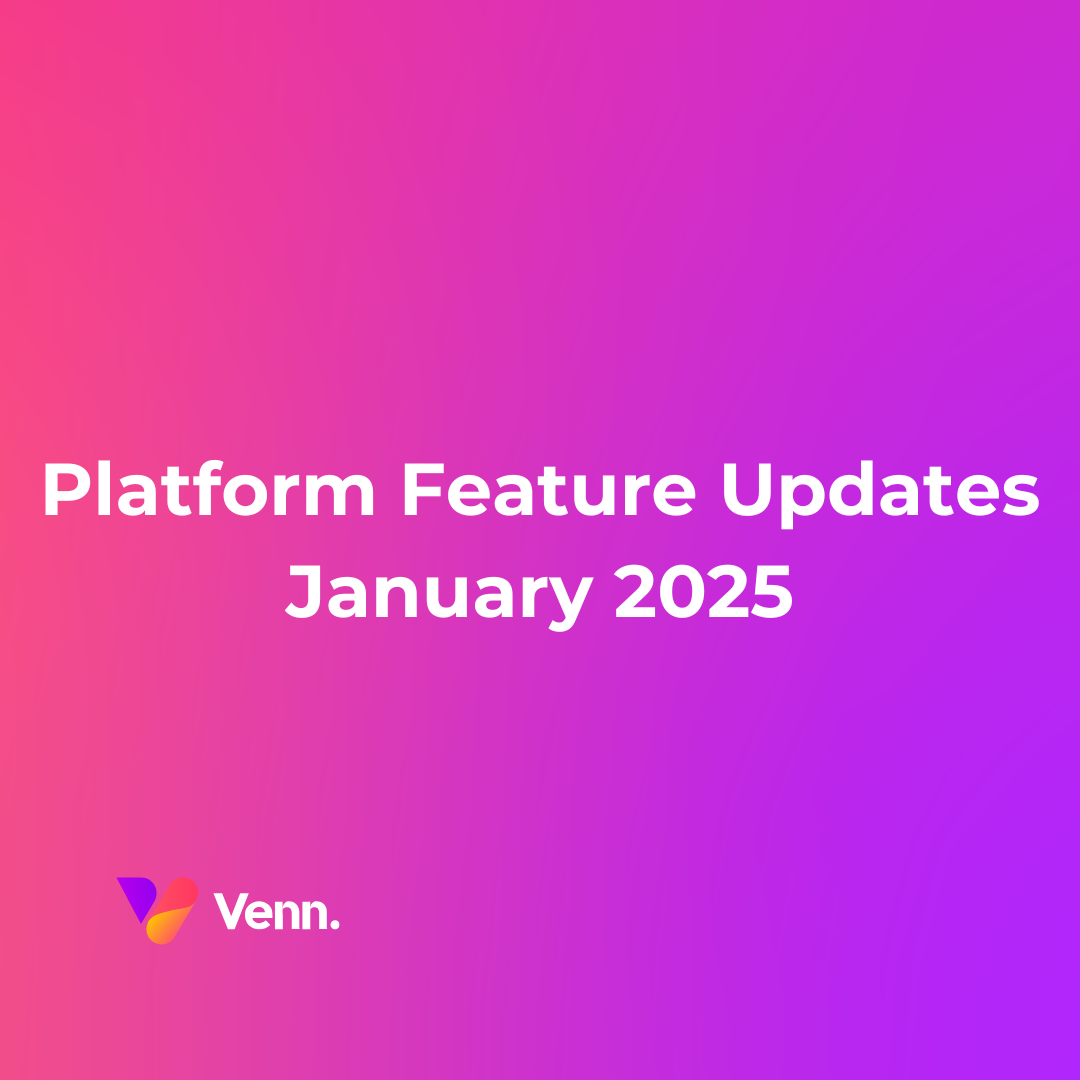
Welcome to the January 2025 edition of the Venn Platform Feature Updates Blog! We’re c...

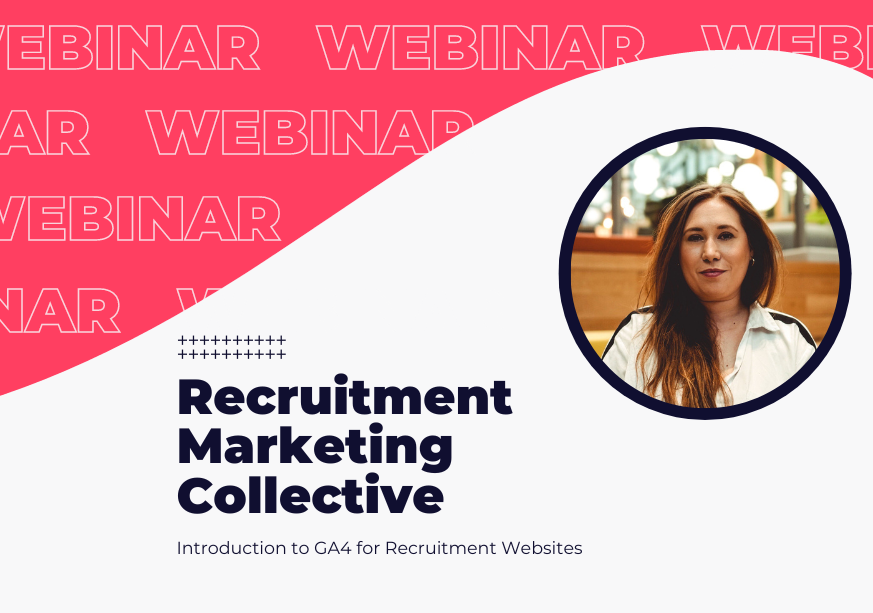

 02:35
02:35
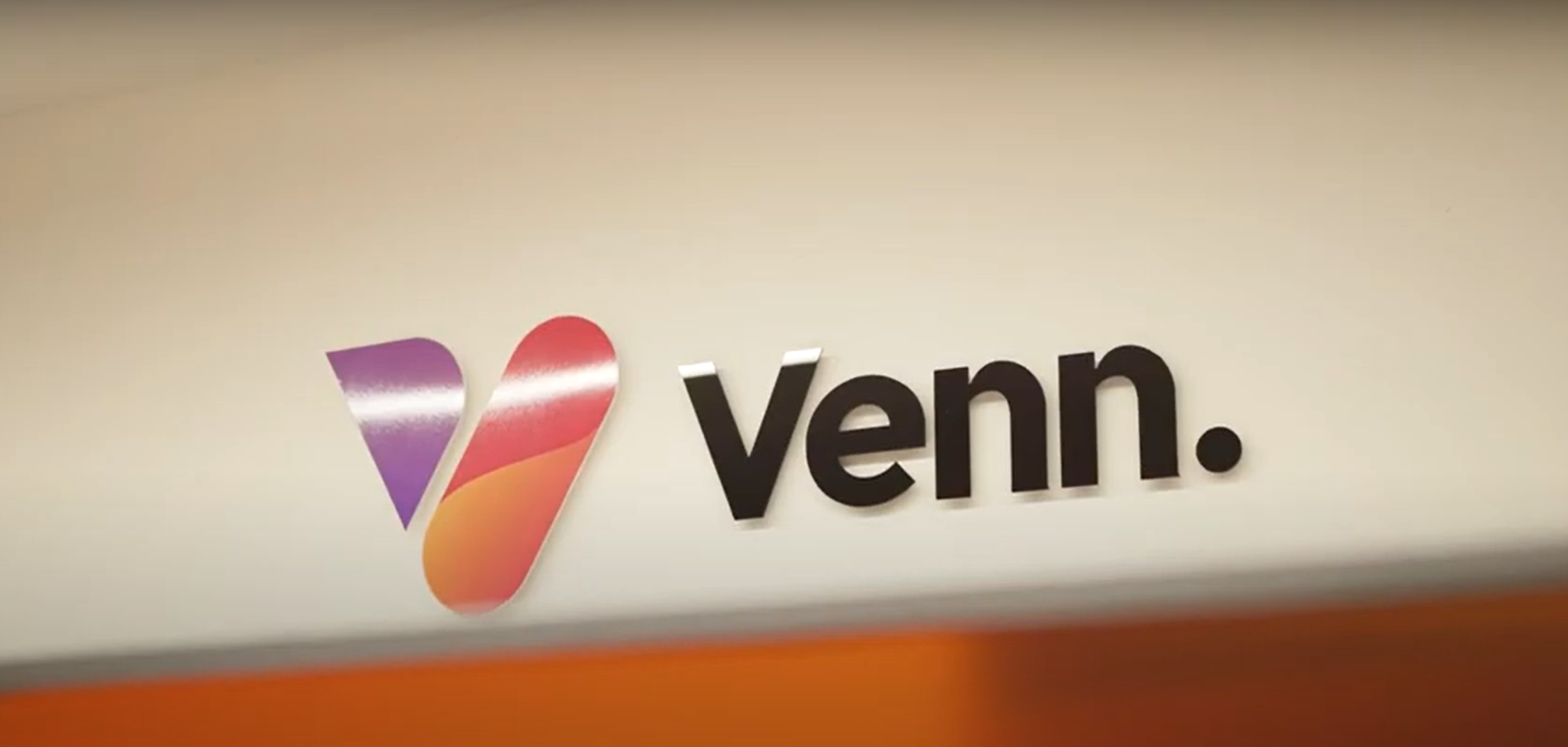 02:36
02:36
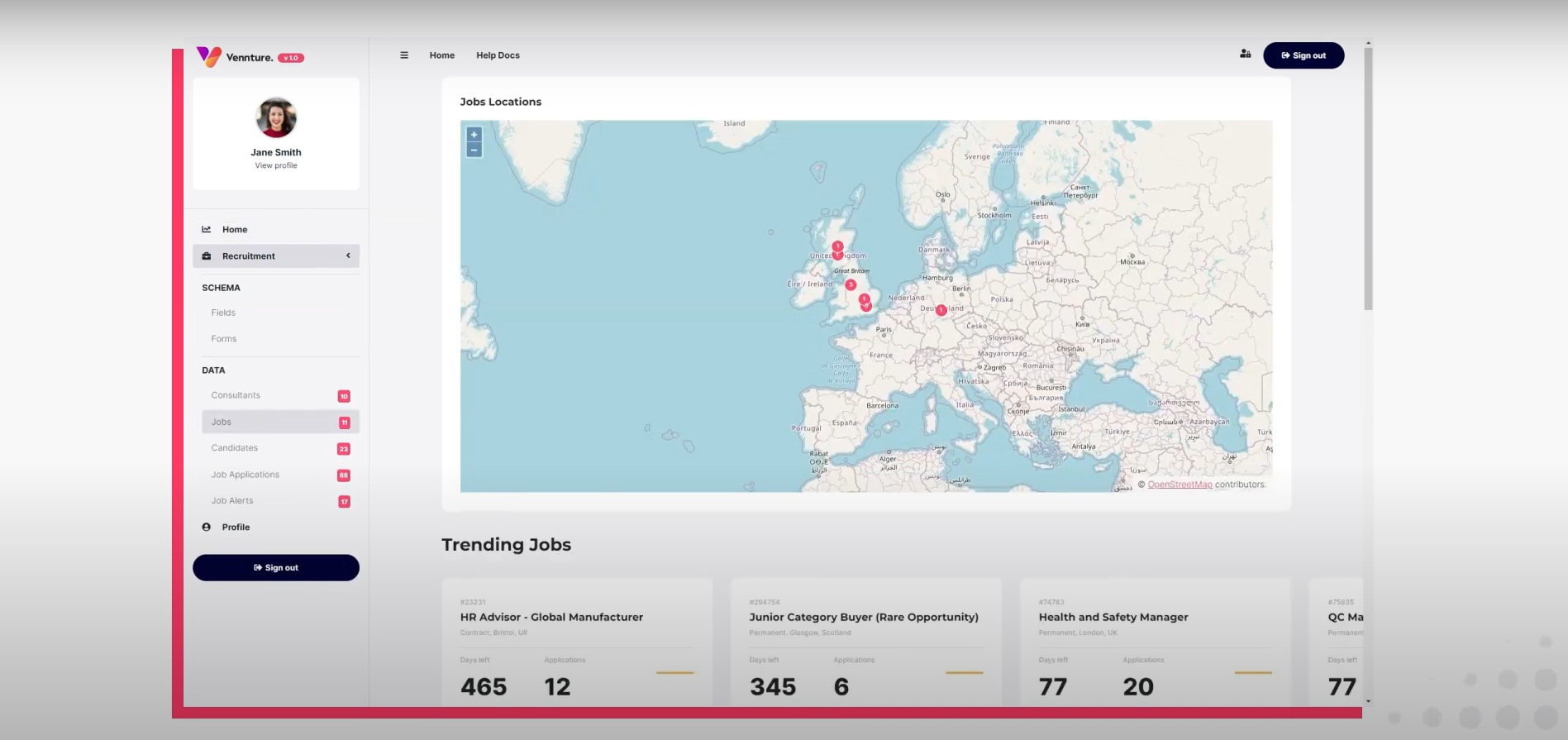 02:50
02:50
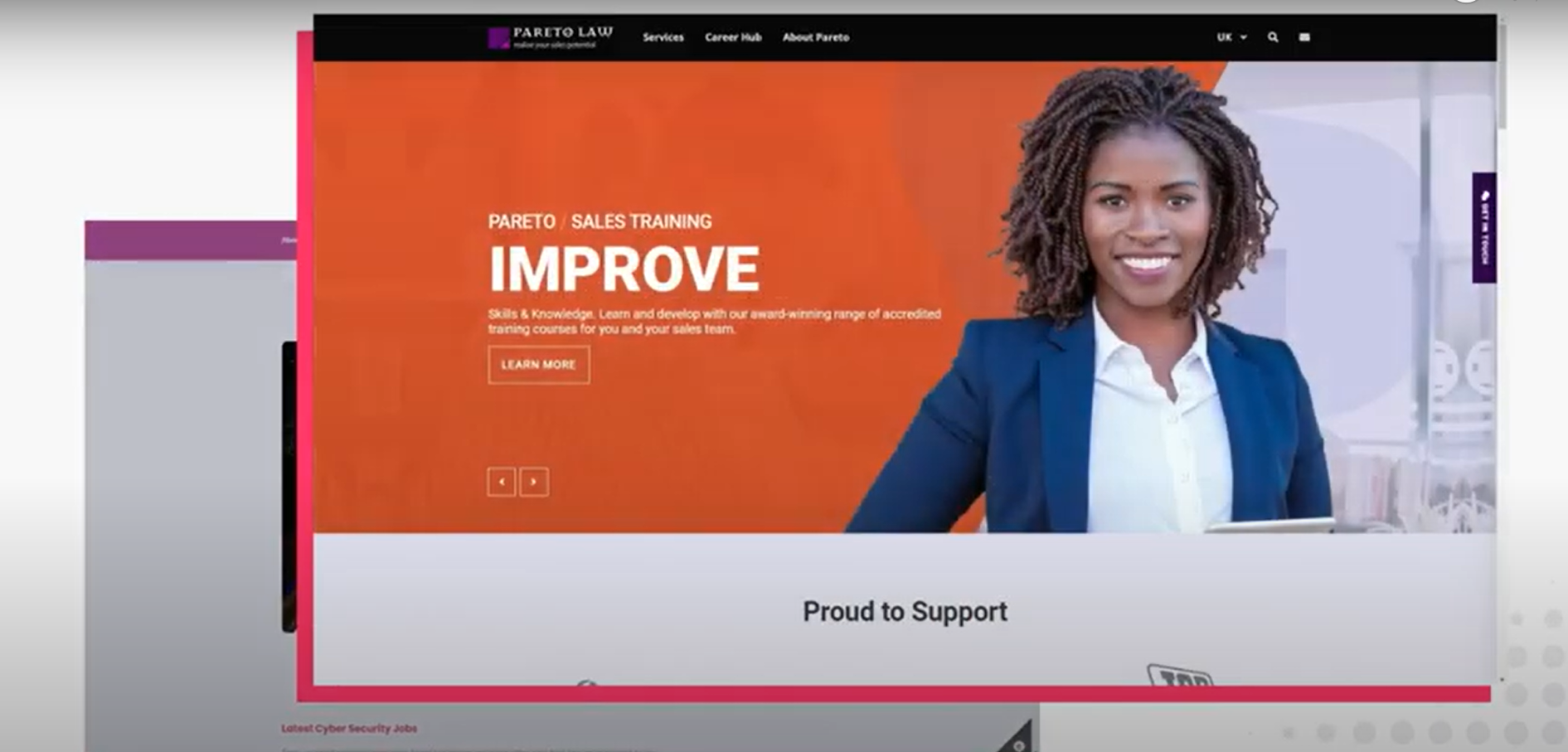 02:56
02:56

On 13 March, Google confirmed the roll out of their broad core update – the first ...